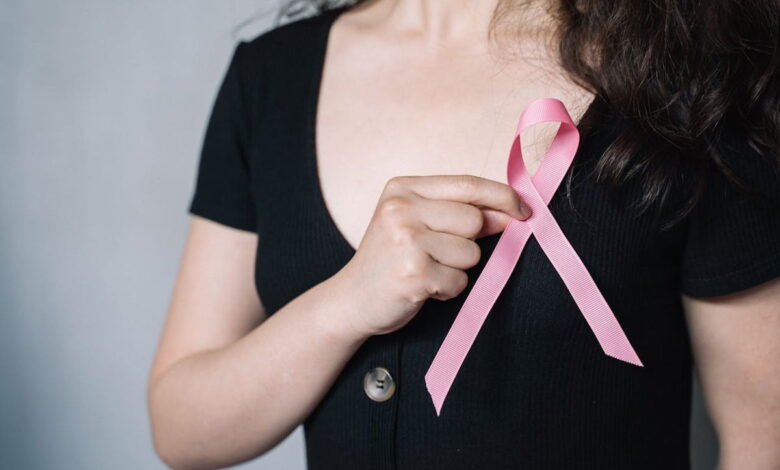UK women in AI breast cancer trial « Euro Weekly News


Breast cancer. Credit: Pexels, Anna Tarazevich
The UK has launched a large-scale artificial intelligence (AI) trial to enhance breast cancer screening, with nearly 700,000 women set to participate.
The initiative, called the EDITH trial (Early Detection using Information Technology in Health), will test whether AI can detect breast cancer earlier and ease pressure on NHS radiologists. A press release by gov.uk today (on World Cancer Day) reveals all details…
AI will be introduced at 30 screening sites across the UK, where it will assist radiologists in identifying signs of cancer in mammograms. The government hopes this will cut waiting lists and improve survival rates by diagnosing cases earlier.
How the AI technology works for breast cancer diagnosis
Currently, two radiologists are required to review each mammogram for accuracy. With AI, only one specialist would need to confirm the results, freeing up radiologists to see more patients and speed up diagnosis, according to the BBC.
This could be game-changing for the NHS, which performs over 2 million breast cancer screenings annually and is struggling with a 30 per cent shortage of radiologists, according to the Royal College of Radiologists.
The launch coincides with the UK government’s call for evidence to shape a new national cancer plan, aimed at improving early detection and treatment. The government is investing £11 million (€12.7 million) in this AI project through the National Institute for Health and Care Research (NIHR).
Health Secretary Wes Streeting emphasised the urgency, stating: “Urgent action is needed to save lives and improve patient care. Our goal is to make the UK a world leader in cancer survival.”
Breast cancer diagnosis in the EU
Though the trial is UK-based, the success of AI in cancer detection could potentially influence European healthcare policies. Several EU countries, including France, Ireland, and Germany, are already investing in AI-driven diagnostics, with initiatives like Owkin’s AI for cancer detection in France, Deciphex’s pathology tools in Ireland, and Germany’s EMPAIA project. The EU’s Artificial Intelligence Act is further encouraging AI adoption in healthcare.
If this AI trial proves successful, it could mark a major step forward in breast cancer care – not just in the UK, but across Europe.
Would you trust AI to help detect breast cancer earlier? Please share your thoughts below.




